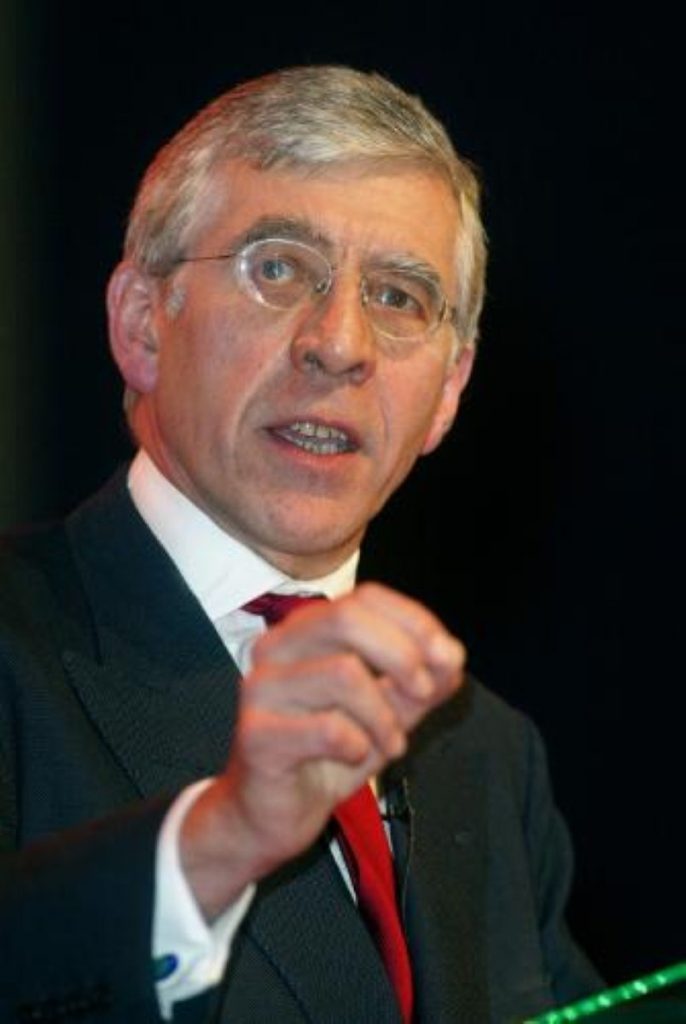Straw: We must help build democracy in the Middle East
Foreign Secretary Jack Straw has said that Europe and the left have a responsibility to work with the United States to help promote democracy in the Middle East.
In a speech to the Fabian Society in London, the Foreign Secretary said that he believed that the invasion on Iraq had helped, rather than hindered democracy in the Middle East.
Mr Straw is one of the only senior ministers to address the divisive issue of Iraq in depth in recent months, and his words will have been addressed at Labour supporters who the party worries will not turn out in the general election due to dissatisfaction with the invasion of Iraq.
Noting that the Iraqi elections, despite all the risks had seen a turnout of 58 per cent – comparable with the UK – Mr Straw said that: “The claim that Arabs don’t want democracy simply doesn’t stand up to scrutiny. Many of those Iraqis at polling stations attacked by terrorists on 30 January simply helped the wounded, and then went back to their place in the line. There could be no more powerful and moving sign of their determination to have a say in the decisions which affect their lives.


“And that same enthusiasm for is clear across the region. Those who watch on Al-Jazeera their brothers and sisters in Palestine, Afghanistan and Iraq going to vote seek a share of that freedom for themselves.”
Adding that the new Palestinian President Mahmoud Abbas and the Afghanistan leader President Karzai had been democratically elected, Mr Straw said there were clear signs that democracy was moving forward in the Middle East.
Confronting the issue of Iraq, Mr Straw said: “It will be for historians to judge – at greater distance and detachment than I can offer – just how much the end of the Saddam regime in Iraq, and the free elections there in January, have contributed to what is now happening.
“But I do not buy the claim that all this has nothing to do with Iraq, or America, or the West; or that, as some seem to be arguing, it could even be the dawn of a new dark age.”
He put the change down to combination of factors, including Al-Jazeera and the Internet, but said that it was important that the entire West backed the changes.
Democracy would satisfy both idealism and realism in the West, as it would remove some of the conditions in which terrorism thrive and satisfy internationalist motivations.
Though Mr Straw was emphatic that a model should not be imposed on the Middle East, he warned those on the Left in Europe not to ascribe unworthy motives to US President George Bush’s push for democracy.
Mr Straw said: “The Left has always believed in the power of politics to change things for the better – and in the extension of freedom and democracy. Today we have a better chance than ever to promote that in the Middle East. When an American President states that “the best hope for peace in our world is the expansion of freedom in all the world”, we should hear the continuing of the great tradition of Woodrow Wilson, Franklin Roosevelt, John F Kennedy and many others.
“And we should see an enormous opportunity to work with and to channel America’s will to promote change and to pursue aims which have long inspired us.”
Britain and Europe would not though be tacit partners he said, instead they would have a lot to bring to the table and could use aid and trade links to boost commitments to good governance and human rights.

